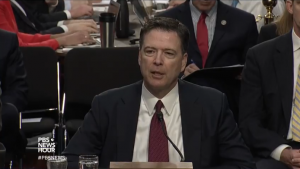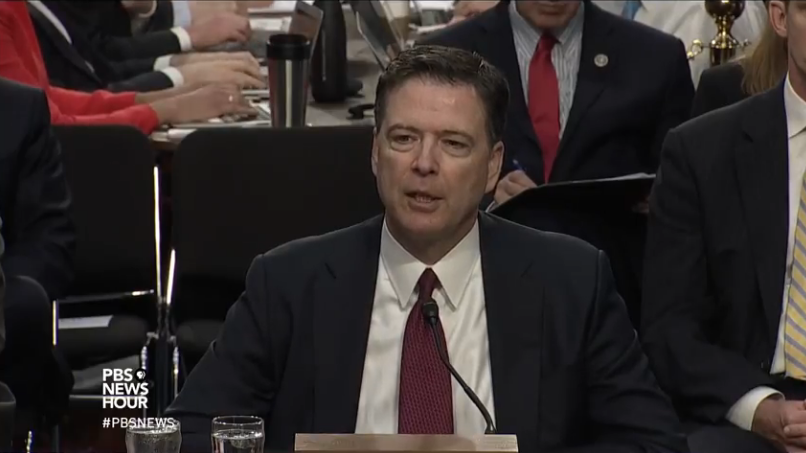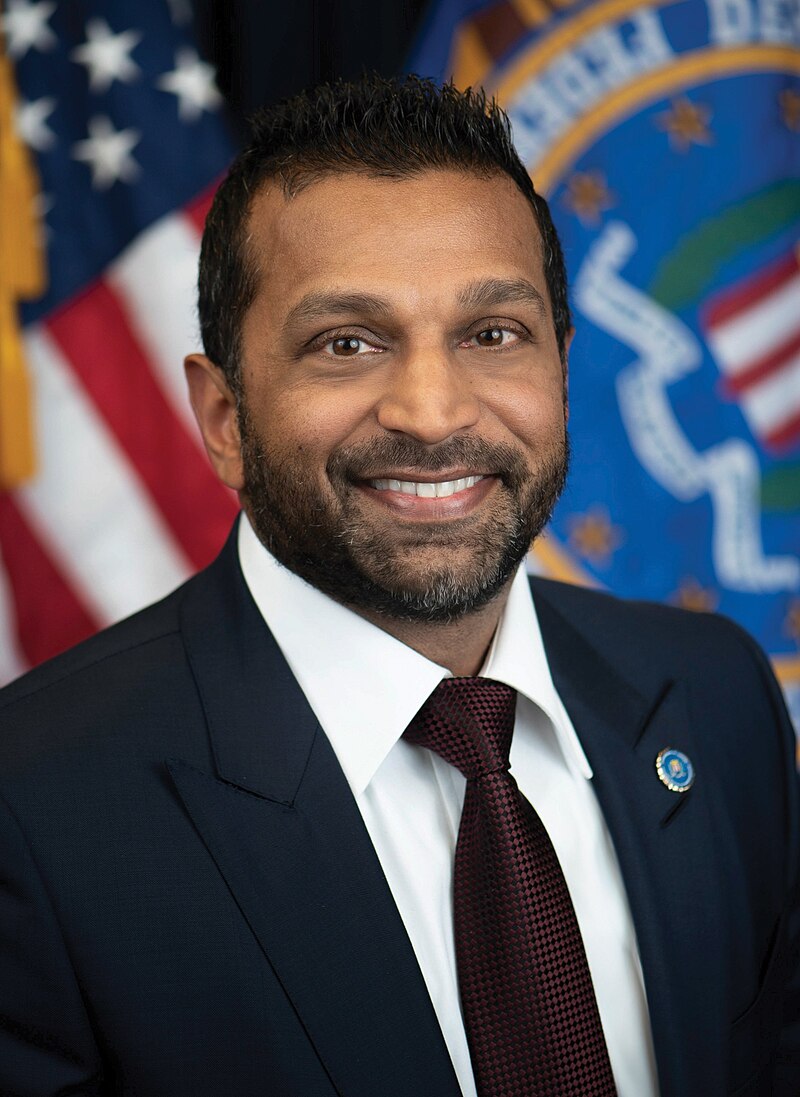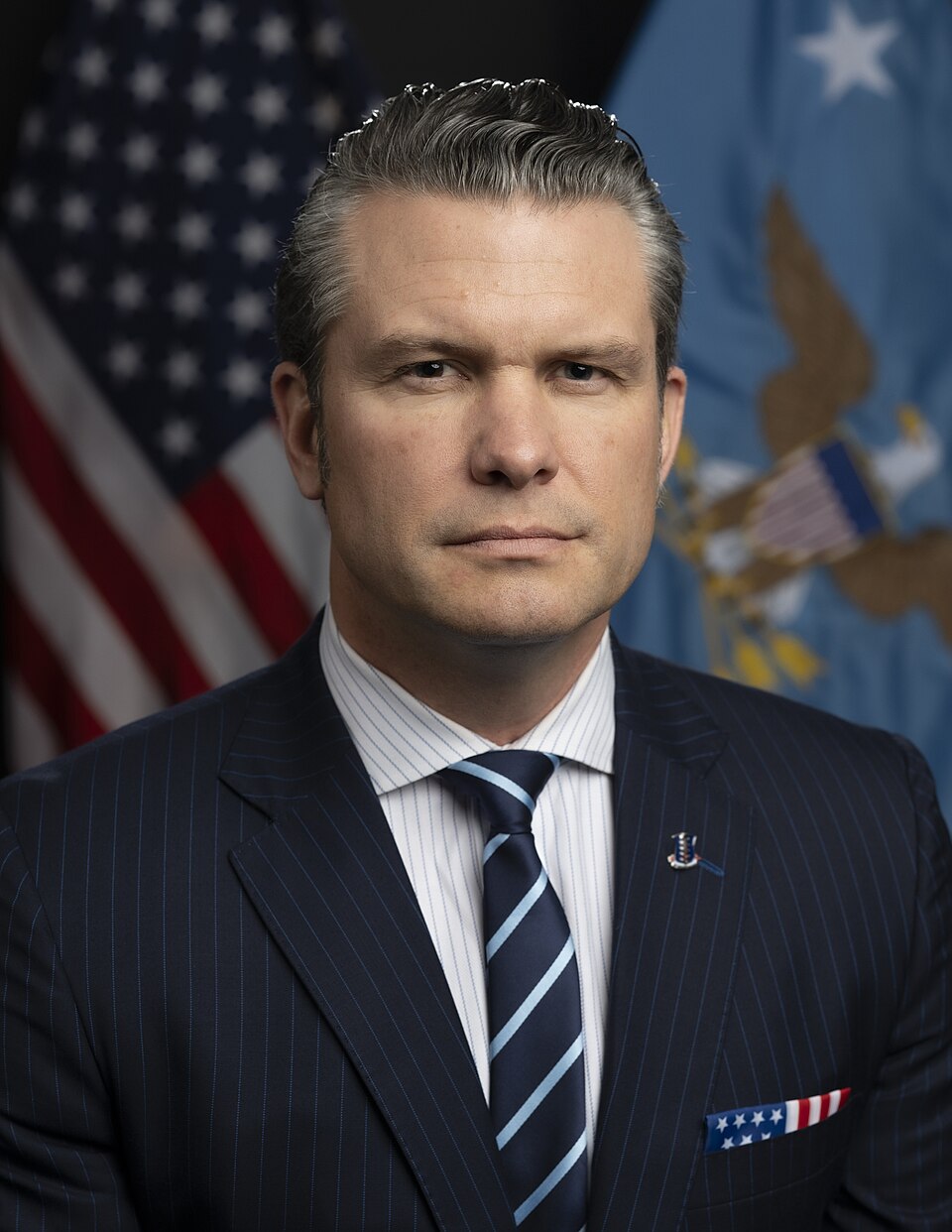
By Editorial Board
New York Times
Weeks after being described by Donald Trump as a “nut job,” James Comey on Thursday deftly recast his confrontation with the president as a clash between the legal principles at the foundation of American democracy, and a venal, self-interested politician who does not recognize, let alone uphold, them.
In sworn testimony before the Senate Intelligence Committee, Mr. Comey, the former F.B.I. director, made clear that he had no confidence in the president’s integrity. Why? “The nature of the person,” he said. Confronted with low presidential character for the first time in his career, Mr. Comey began writing meticulous notes of every conversation with Mr. Trump. “I was honestly concerned that he might lie about the nature of our meeting,” he said.
Mr. Comey said he was stunned during one Oval Office meeting by Mr. Trump’s request — which he very reasonably understood as an order — to drop the F.B.I. investigation into Michael Flynn. Mr. Flynn had been forced to resign as national security adviser the day before, after lying about his contacts with Russia. And Russia, Mr. Comey usefully reminded the senators, had gone to unprecedented lengths to disrupt the 2016 presidential election, using “overwhelming” technological firepower.
“This is about America,” Mr. Comey kept saying. Russia “tried to shape the way we think, we vote, we act — that is a big deal,” he added. “They’re coming after America. … They want to undermine our credibility in the face of the world.”
With restrained fury, Mr. Comey described President Trump’s remarks last month that the bureau was a mess and that the director had lost the trust of his agents as “lies, plain and simple.”
Confronted later with the sworn testimony of a dignified and affronted lawman, the White House press office, its own credibility in tatters, was left to feebly insist, “The president is not a liar.”
Mr. Comey is a wily bureaucratic infighter, a sometimes self-righteous official who wrote his notes with care so they would remain unclassified, and therefore eligible to be released to the public. He acknowledged that he engineered some of the notes’ release, which The Times reported last month, to spur the appointment of a special counsel in the Russia investigation. After firing Mr. Comey, Mr. Trump thought he’d cow him by tweeting about the possibility that their private conversations were taped. Mr. Comey bested him with a single sentence on Thursday, telling the panel he hoped there were tapes, as “corroboration” of the abuse of power he’d witnessed.
To read more click here.





